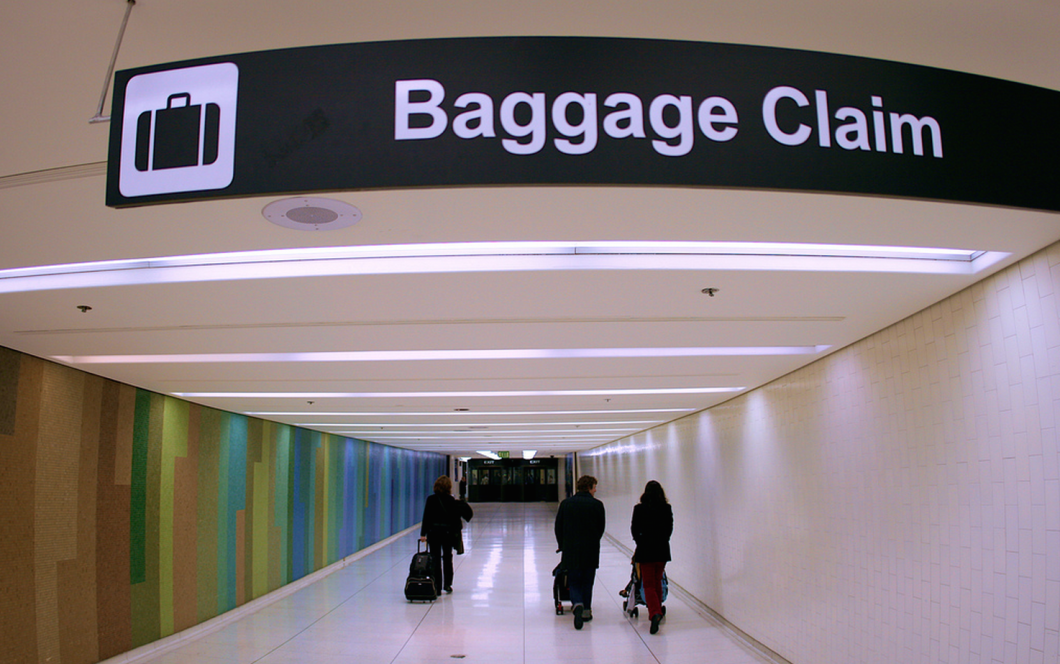New Legislation Would Cap Checked-Baggage Fees At $4.50
Florida Congressman and Chair of the House Transportation Oversight Subcommittee John Mica introduced the Baggage Fee Fairness Act of 2015 [PDF] on Wednesday.
The bill doesn’t specifically state the $4.50/bag cap, but instead limits fees on bags to the “total amount of passenger facility charges that could be imposed (without regard to whether the charges are actually imposed) on the passenger by eligible agencies for boardings associated with that flight” under paragraphs (1) and (4) of 49 U.S. Code § 40117(b).
It’s those sections that currently place the maximum passenger facility charge (PFC) per agency at $4.50.
“It’s time to bring some fairness to the soaring fees that airlines are charging consumers for basic services,” explained Rep. Mica in a statement. “This is fair and equitable since airports have been held to that fee level for handling passengers at the same $4.50 limitation by law for the past 15 years. During that decade and a half, most major carriers have imposed dramatically increased baggage and service fees.”
While the legislation ostensibly appears pro-consumer, the airline industry trade group Airlines For America alleges to Bloomberg that the bill is a “misguided attempt” to increase the PFC at a time when Congress is going through the contentious re-authorization process for the FAA.
Mica has argued that the billions spent on baggage fees and other ancillary charges aren’t subject to federal taxes so while they contribute to airlines’ bottom lines, they aren’t adding to the Airport and Airway Trust Fund (AATF) that finances airport safety and air traffic control systems and equipment.
“What’s good for the goose is good for the gander,” says Mica.
Airlines For America contends that a higher PFC would ultimately do more harm than good, pointing to a Dec. 2014 Government Accountability Office report [PDF], which found that the sought-after increase of the PFC to $8.50/agency could decrease consumer demand on air travel and could reduce total AATF revenues by about 1%.
Want more consumer news? Visit our parent organization, Consumer Reports, for the latest on scams, recalls, and other consumer issues.


